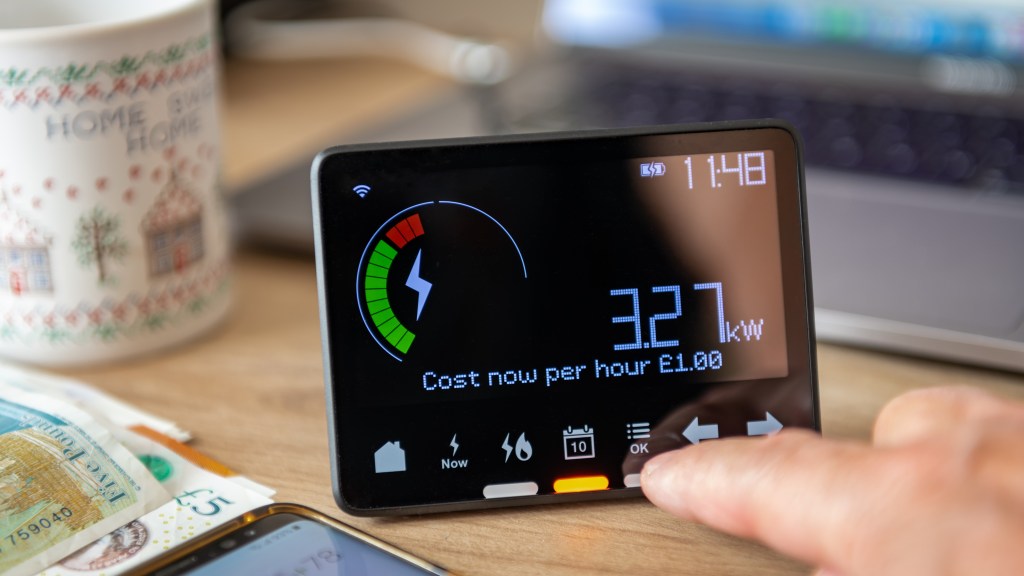Important Reasons to Upgrade from Old RTS Energy Meters
Approximately 600,000 residential and commercial properties have received alerts about potential disruptions to their hot water and heating services unless they transition to smart energy meters before July.
These notifications target users of outdated Radio Teleswitch Service (RTS) meters, many of which were installed in the 1980s. The RTS signal will cease operations on June 30.
Danni Barnes, representing National Energy Action, a charity focused on combating fuel poverty, stated: “RTS meters are commonly associated with older electric heating systems, particularly in regions facing significant fuel poverty. The discontinuation of the RTS service could lead to increased expenses for vulnerable households, leaving them without reliable heating and hot water. It’s imperative for anyone with an RTS meter to get in touch with their energy supplier as soon as possible.”
Smart meters, which automatically transmit readings, serve as replacements for RTS meters. Ofgem, the energy regulator, is currently promoting a campaign urging affected users to make the switch, although some critics claim it reflects an overarching governmental push for smart meter adoption.
While switching to a smart meter is not mandatory, energy providers are legally required to gradually replace all traditional analogue meters. To date, about 65 percent have been swapped, with a target of 74.5 percent completion set for the end of 2025, failing which they risk facing penalties.
Once a smart meter is installed, it cannot be reverted back to an analogue model, although customers can request to disable its smart features.
The initiative for smart meter installations began in 2012 but has experienced significant delays, with numerous new meters ceasing to function correctly. The estimated financial outlay for this transition stands at £13.5 billion, to be initially borne by suppliers but ultimately reflected in customer bills.
RTS meters provide users with the advantage of lower electricity rates during off-peak hours via Economy 7 and 10 tariffs, utilizing longwave channels for communication with energy providers.
Energy companies are required to take reasonable measures to ensure that RTS customers maintain similar or equivalent tariffs if they switch to new meters.
Ofgem has cautioned consumers to be vigilant against fraudulent offers, stressing that meter replacements should incur no costs. Energy suppliers will never request payment information when arranging an installation appointment.
For any inquiries regarding the RTS deadline, it is advised to reach out directly to your energy supplier.
According to Ofgem, “The upgrade from RTS is essential for ensuring customers retain control over their heating and hot water as the outdated 40-year-old system is phased out. In most situations, smart meters represent the most suitable alternative — providing access to new cost-saving tariffs — but we expect suppliers to explore a variety of solutions.”




Post Comment